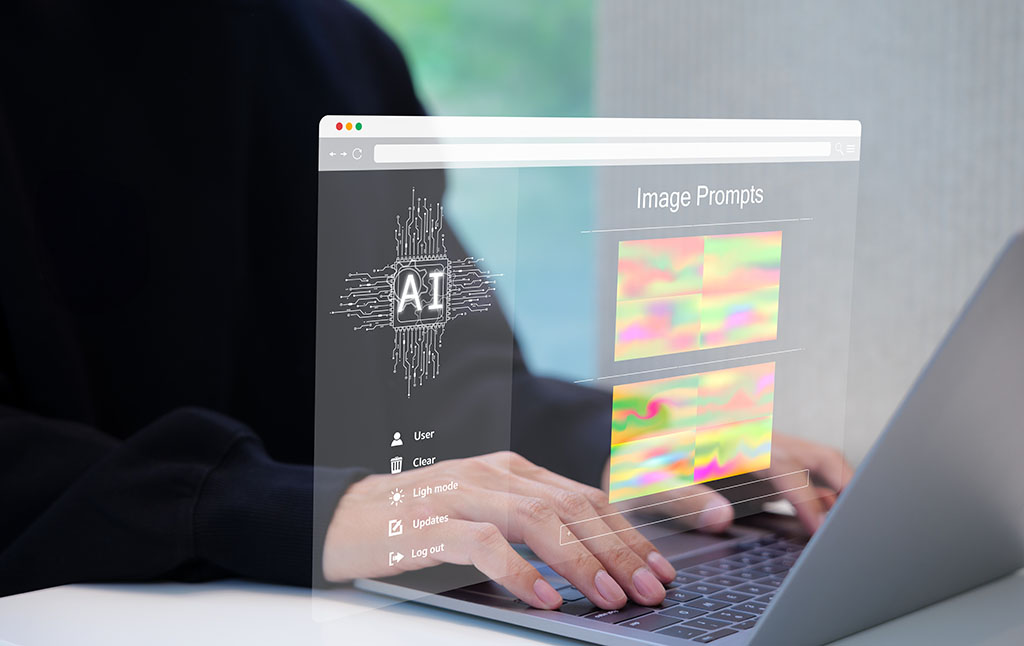
AI Images Are Flooding Google Search Results and It’s Creating Chaos
Artificial Intelligence (AI) is making waves in digital spaces, but not everyone is happy about it. Specifically, the rising appearance of AI-generated images in Google Image search results has sparked frustration among artists and creatives. The ease with which these artificial visuals mix with real photos is creating confusion, diluting the quality of search results, and undermining trust in online media.
AI-Generated Images in Google Searches Becoming A Growing Concern
The debate around AI’s impact on image searches gained traction after a user on X (formerly Twitter) shared a screenshot highlighting a troubling trend. Out of 15 search results for “baby peacock,” only four were real photographs; the rest were AI creations. This discrepancy wasn’t a fluke—when PetaPixel ran the same search, they found similar results, along with articles debunking fake AI images.
IS YOUR COMPUTER SECURE?
FREE Malware Removal
Detect & Remove Adware, Viruses, Ransomware & Other Malware Threats with SpyHunter (FREE Trial)
IS YOUR COMPUTER SECURE?
FREE Malware Removal
Detect & Remove Adware, Viruses, Ransomware & Other Malware Threats with SpyHunter (FREE Trial)
IS YOUR COMPUTER SECURE?
FREE Malware Removal
Detect & Remove Adware, Viruses, Ransomware & Other Malware Threats with SpyHunter (FREE Trial)
This pattern has led to a broader discussion about how AI-generated content is blurring the lines between what’s real and what’s fabricated.
The cycle begins with someone creating an AI image or video and clearly labeling it as such. But things take a twist when another user reposts it, pretending it’s authentic. This can trick unsuspecting viewers, and soon enough, the fake image finds its way into Google’s search results.
For example, a video of a “baby peacock” marked as AI was reposted by someone as if it were a real bird. Eventually, this AI creation landed among real images in Google’s search results. The problem doesn’t stop there—AI-generated content is increasingly finding its way into viral media posts, with some people unintentionally (or intentionally) spreading misinformation.
Search engines need an option to filter out AI-generated content and legislation needs to get on establishing and enforcing AI guidelines—before search engines like Google become entirely unreliable. https://t.co/ascK9YsYZN— sam slade 🍔 (@itsSamSlade) October 7, 2024
How Artists and Creatives Are Affected
The frustration isn’t just about misleading visuals. For graphic designers, photographers, and artists, Google Image search is a crucial tool for finding reference material. AI-generated images, often of lower quality or devoid of artistic intent, are now infiltrating these searches. According to Creative Bloq, users on the r/graphic_design subreddit have been voicing concerns, with one student lamenting how difficult it has become to find reliable references amidst the growing sea of AI content.
This surge in AI-generated imagery threatens to degrade the overall quality of visual resources available online. When creatives need inspiration or accurate references for their work, they’re now sifting through a mix of real and artificial images without clear ways to distinguish between the two.
The issue of AI-generated images isn’t new, but it’s becoming more problematic as technology advances. PetaPixel has previously reported on how fabricated images have surfaced in search results. Notable examples include a fake selfie of Tiananmen Square’s Tank Man and misleading photos of famous figures like singer Israel Kamakawiwoʻole.
AI’s potential to spread misinformation doesn’t stop at innocent search terms like “baby peacock.” In the wake of Hurricane Helene, AI-generated images claiming to show victims of the disaster went viral, stirring public emotion over what turned out to be completely fake visuals.
Losing Trust in Online Media
This growing flood of AI images raises a deeper issue. As the technology becomes more advanced and harder to detect, people are increasingly questioning the authenticity of online visuals. Whether it’s social media posts or Google Image results, the inability to trust what we’re seeing can lead to a breakdown in how we consume and trust digital content.
Is There a Solution?
Current AI image detection systems are struggling to keep up. Despite efforts to flag or label AI-generated content, millions of people are still being fooled by these images every day. The problem is further compounded by how fast AI-generated images can go viral, often before fact-checkers or detectors can step in.
The question remains: how can platforms like Google tackle this growing issue? Without better detection methods or clearer labeling of AI content, the situation will only worsen, leaving users confused, creatives frustrated, and public trust in media eroded.
AI has the power to revolutionize industries, but its impact on search engines and visual media is already causing serious problems. As AI-generated images flood Google search results, creatives are finding it harder to access genuine, high-quality references, while misinformation spreads unchecked. Until better solutions emerge, we must stay cautious and skeptical of the images we encounter online.